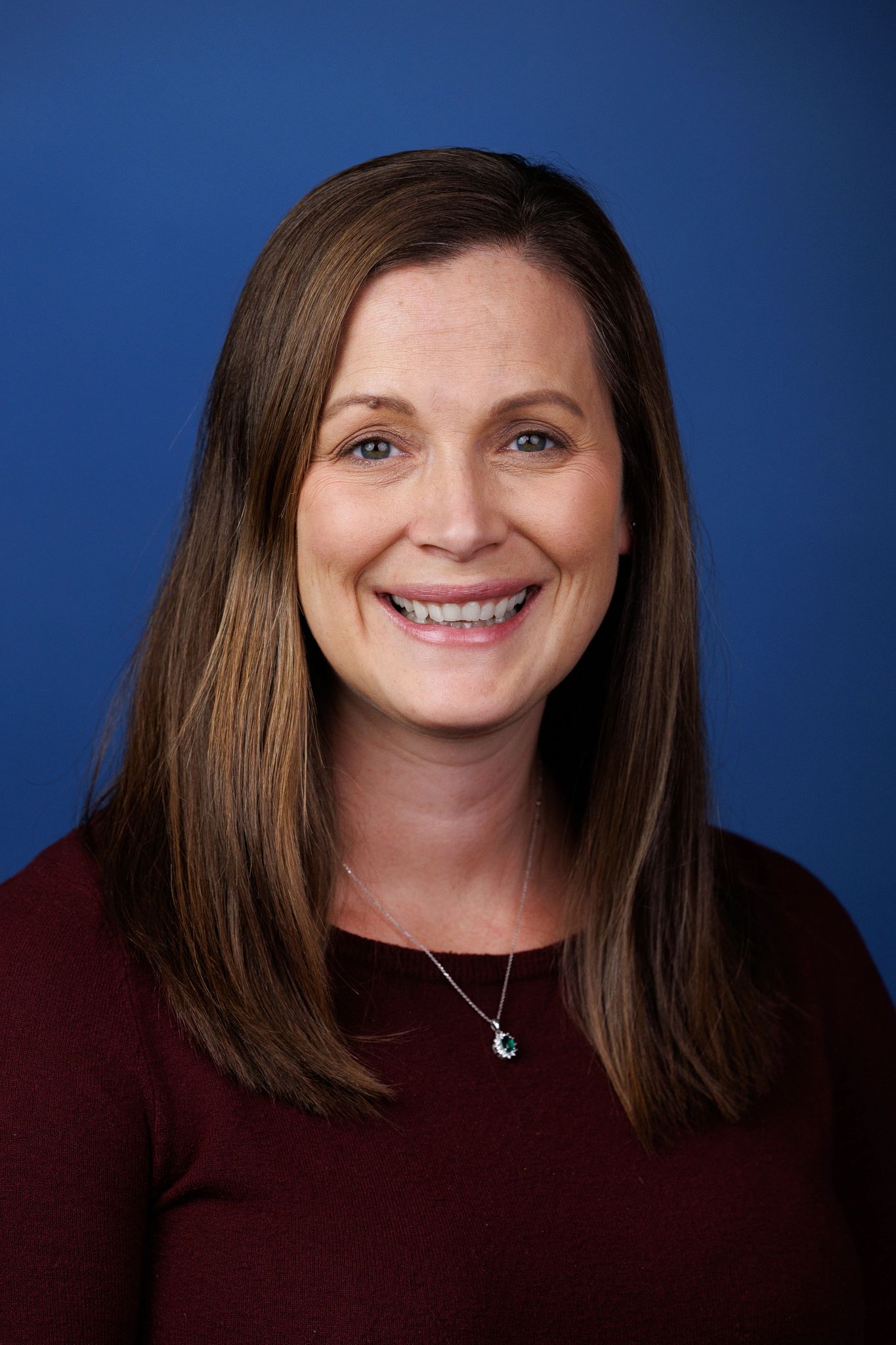Symposia
Workforce Development / Training / Supervision
1 - (SYM 107) Examining Barriers to Entry to Clinical Phd Programs for Students from Minoritized Backgrounds
- AM
Allison T. Meyer, PhD
University of Colorado School of Medicine
Aurora, Colorado - GM
Ghizlane Moustaid, M.S.Ed
Graduate Student
University of Virginia
Charlottesville, Virginia 
Kristy Allen, Ph.D. (she/her/hers)
Assistant Professor
University of Kansas
Lawrence, Kansas- DR
Daniela Robledo, M.S.
Graduate Student
Northwestern University
Chicago, Illinois
Speaker(s)
Co-author(s)
Background: Individuals from minoritized backgrounds are underrepresented in clinical psychology training programs and the trainee population does not reflect the growing racial and ethnic diversity of the U.S. population at large (Callahan et al., 2018, Census Bureau, 2021). Many barriers exist for individuals from minoritized backgrounds to apply, be accepted, and graduate from clinical psychology training programs, including the Graduate Record Examination (GRE), which has been shown to be unfair against historically marginalized groups (Gómez, et al., 2021; Newman et al., 2022). The COVID-19 pandemic precipitated other changes as well, such as allowing for remote interviews. This study assessed efforts and approaches made by clinical psychology training programs to reduce these and other barriers.
Method: We surveyed training directors of APA- or CPA-accredited clinical psychology programs (n = 50) about recent changes they have made to their admission requirements and processes. Topics included GRE requirements, the admissions process (e.g., application fees, interview format), financial assistance, and admission rates. Qualitative data were analyzed using an inductive approach to thematic analysis in search of themes and patterns presented in the data.
Results: Most training programs reported making recent changes to admissions requirements, many of which were related to equity concerns. The vast majority 92% (n = 46) of the programs surveyed did not require the GRE in the 2021-2022 application cycle. Nearly all programs (96%, n = 48) responded that they offered virtual interviews for admission in the 2021-2022 application cycle, with a slight decrease in the 2022-2023 cycle (90%). However, many barriers to successful completion of degree programs remain. For example, 66% (n = 33) of the programs expect students to pay for their institutional fees, and about half of programs surveyed (42%, n = 21) offer an annual stipend of less than $20,000. Themes that emerged from the qualitative data included variability in changes to applicant pools across programs since removing the GRE requirement, as well as barriers and recommendations to increasing diversity in clinical PhD programs.
Discussion: Further study is needed to determine whether recent changes to the admission process are ultimately effective for increasing the diversity of our field. Removing the GRE requirement may increase the diversity of applicant pools, but it remains unclear if it is effective at increasing the diversity of incoming and graduating classes.

